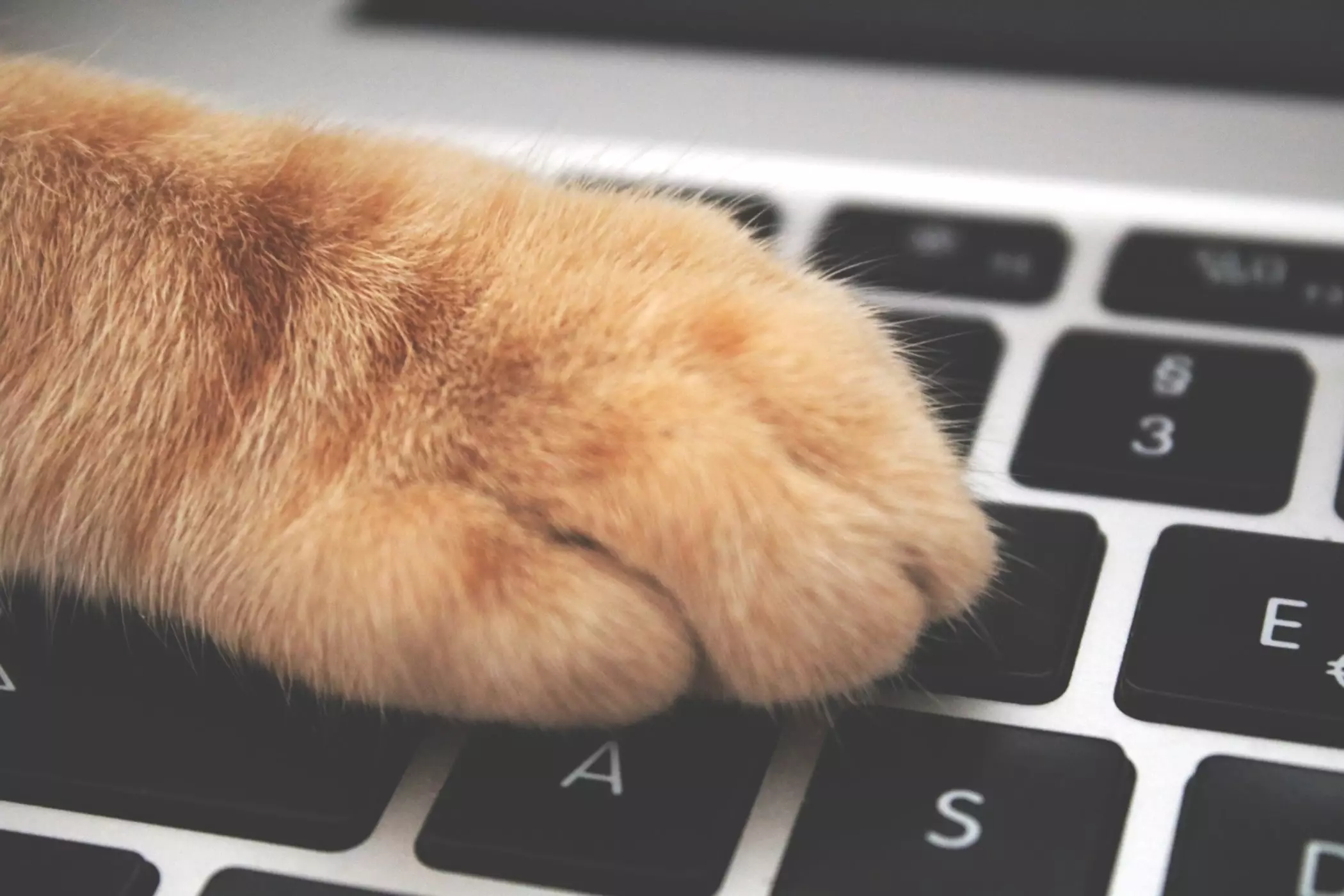As Battersea marks a remarkable 140 years of dedicated service to cats in need, a moment of reflection is not just warranted but essential. The profound commitment of this organization to animal welfare shines bright, especially as it embarks on an innovative partnership with International Cat Care (iCatCare). This collaboration won’t simply tweak existing protocols; rather, it sets a transformative agenda aimed at global cat welfare, encouraging a proactive rather than reactive approach to issues associated with cat rehoming.
Battersea has long been a beacon of hope for countless cats, and now it stands on the precipice of a revolutionary change that could vastly improve conditions for millions. The ultimate goal of this initiative is not only to restore cats’ wellbeing but to reshape how the rescue and care sector operates on a global scale.
Addressing a Perfect Storm
The challenges facing the cat welfare sector today are monumental. Vicky Halls of iCatCare articulates this crucial juncture perfectly, describing what she terms a “perfect storm.” The impacts of the global pandemic juxtaposed with a cost-of-living crisis serve to exacerbate the struggles of an already strained system. Such multifaceted challenges require not just immediate responses, but a recalibrated long-term strategy that understands and anticipates cat population dynamics rather than merely reacting to them.
The Cat Friendly Homing (CFH) Programme proposed by iCatCare represents a seismic shift in the paradigm of cat welfare. It emphasizes not only the necessity for rehoming efforts but also insists on doing so in a manner that is strategic and considerate of the cats’ individual needs. By addressing these issues at a systemic level, the program aims to prevent the cycle of cat overpopulation and abandonment, laying the groundwork for a more sustainable future for felines worldwide.
A Vision for Professional Growth
A notable aspect of the CFH program is its commitment to enhancing the professional capabilities of the rescue sector. Funded by a three-year grant from Battersea, the program aims to fortify organizations dedicated to rescuing cats, creating an infrastructure grounded in professionalism and sustainability. This investment is crucial as it empowers local rescues to better manage their operations, allowing for improved outcomes for the animals in their care.
Furthermore, the focus on veterinary training around critical areas like neutering will undoubtedly fill existing gaps in knowledge and execution, which have long hindered effective cat population management. By integrating specialists and organizations, the CFH Program aspires to create a united front—one that can address issues collectively while fostering collaboration among stakeholders at all levels.
A Global Mission of Compassion
Battersea’s mission extends beyond the confines of its own facilities, aspiring to impact canine and feline welfare on a global scale. The charity’s Global Programmes strategy illustrates a rapidly evolving understanding that animal welfare knows no borders; it demands a collaborative effort across various nations and cultures. In the preceding year alone, Battersea has awarded substantial grants to diverse rescue organizations, demonstrating its commitment to shared responsibility in improving animal welfare.
As Roxanne Nazir states, this partnership not only helps animals within Battersea’s immediate reach but also contributes to the wellbeing of countless others worldwide. This ethos highlights a much-needed shift in perspective: caring for animals is a communal obligation and one that spans the entire globe. Battersea’s willingness to work closely with talented organizations like iCatCare is a prime example of how charity efforts can coalesce to create lasting change.
Looking Ahead with Optimism
The introduction of the CFH Programme marks an exciting new chapter in the realm of cat welfare and rehoming. By committing to a long-term vision that emphasizes strategic intervention over mere responsiveness, the program serves as a clarion call for the entire animal welfare community. It beckons us to shift from a mindset of reaction to one of proactive care and management.
As Battersea celebrates its prestigious anniversary, the announcement of this collaboration heralds an optimistic trajectory not only for the cats within its care but also for millions awaiting help worldwide. The path forward is laden with challenges, but with united efforts and visionary leadership, the prospects for cat welfare have never appeared more promising. The unfolding story of the CFH initiative may not only transform individual lives but could also redefine the future landscape of animal welfare across the globe.
